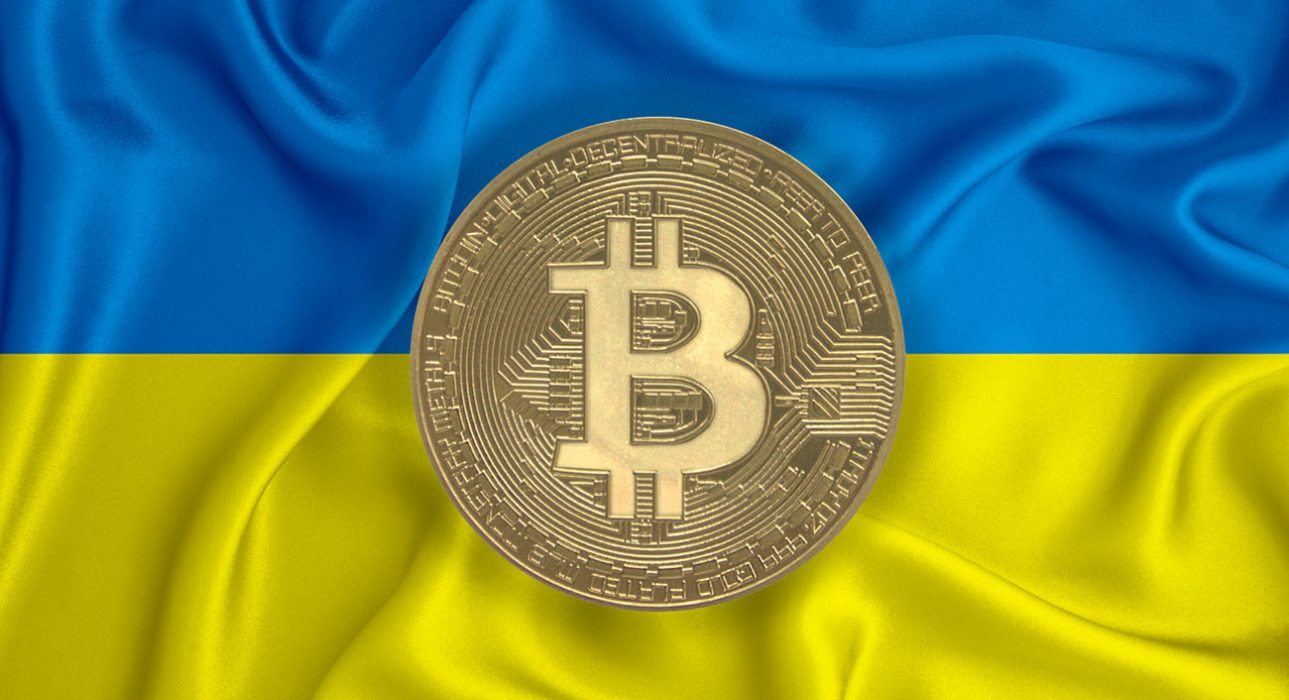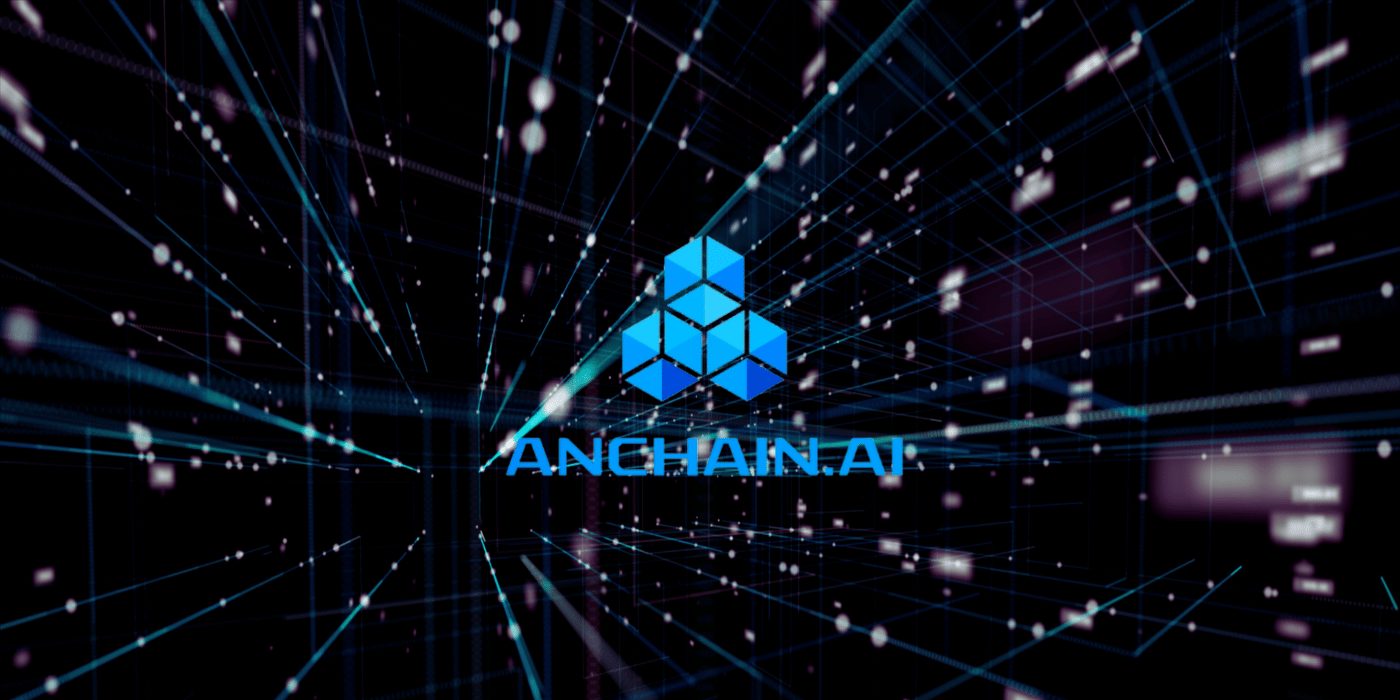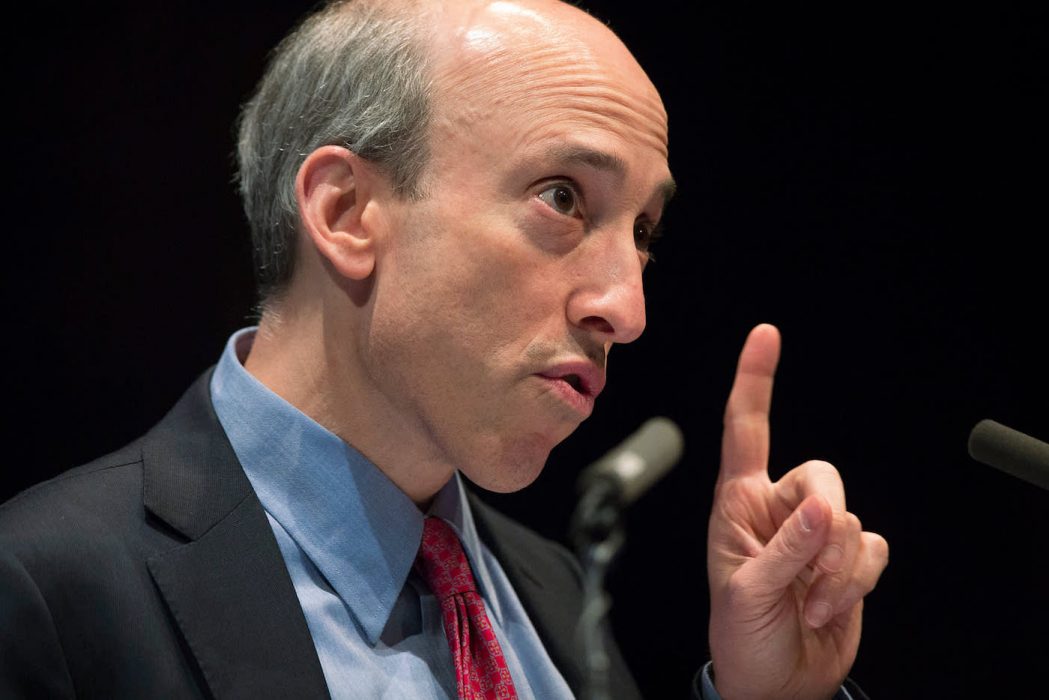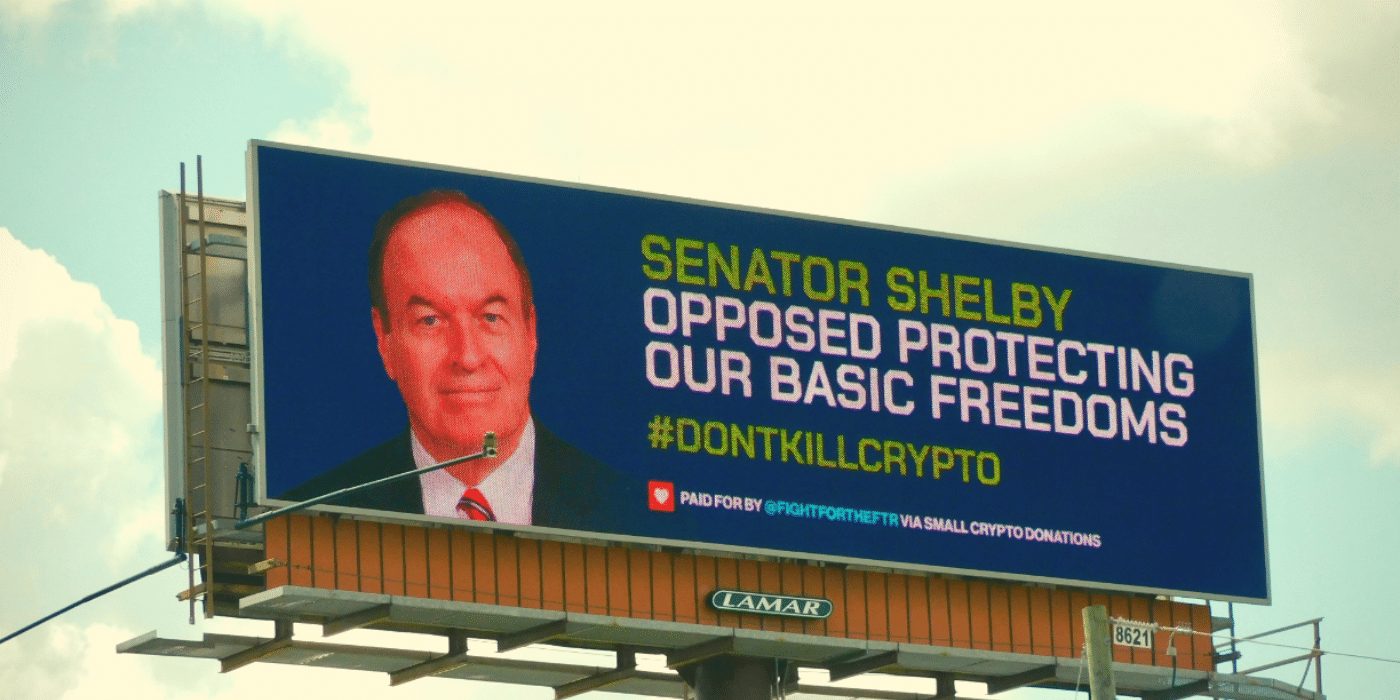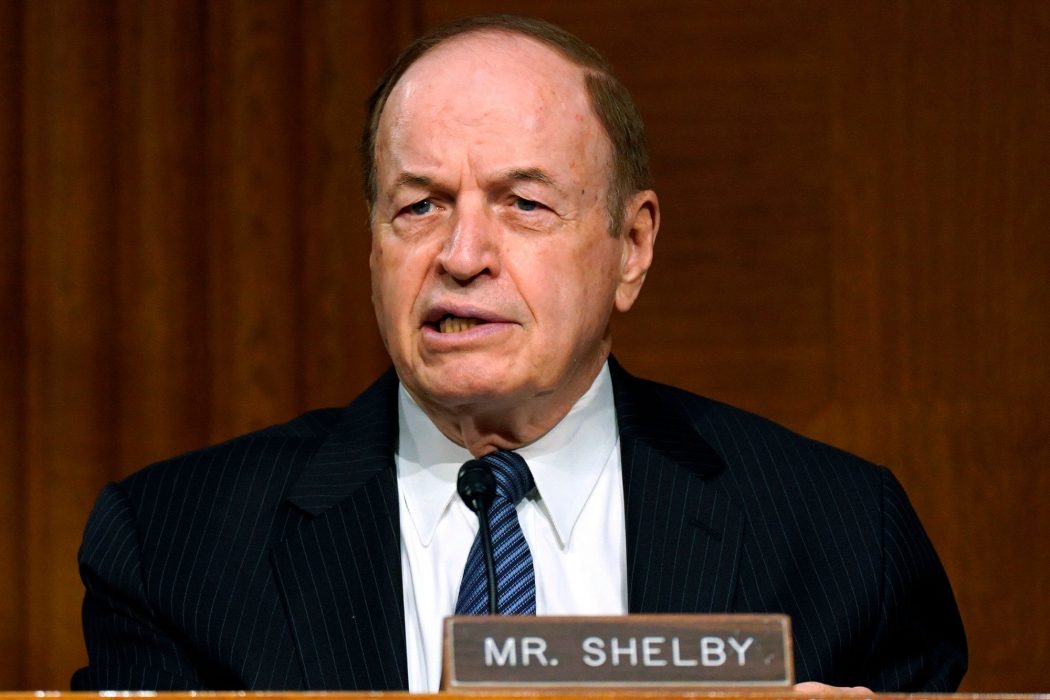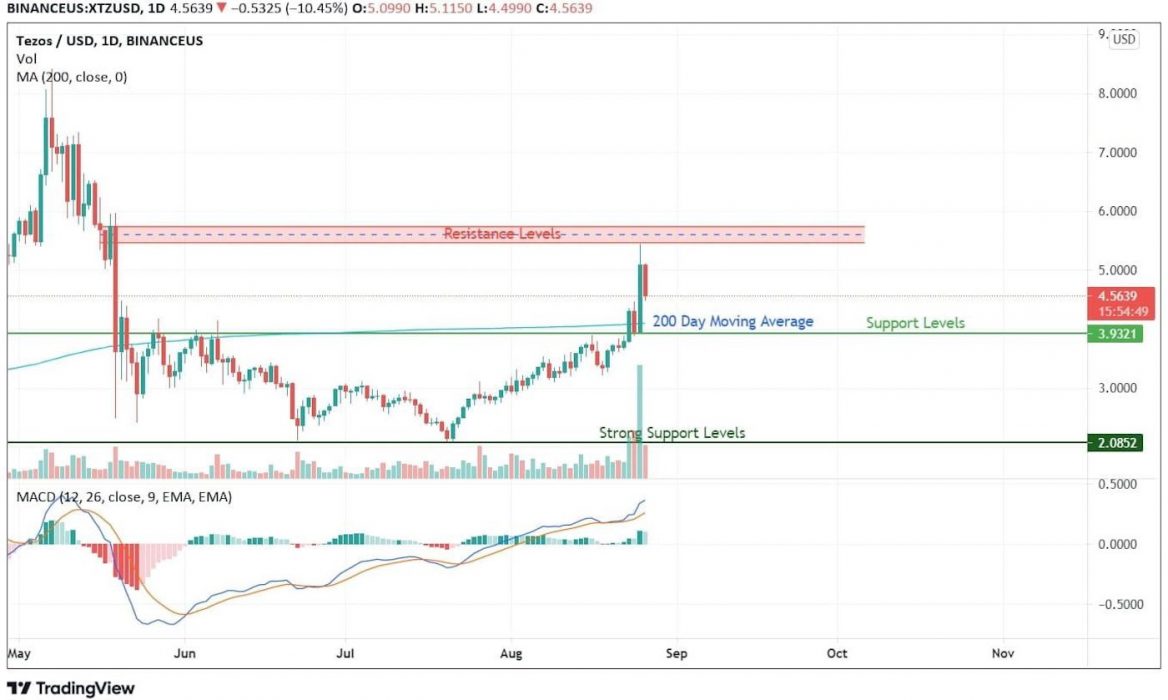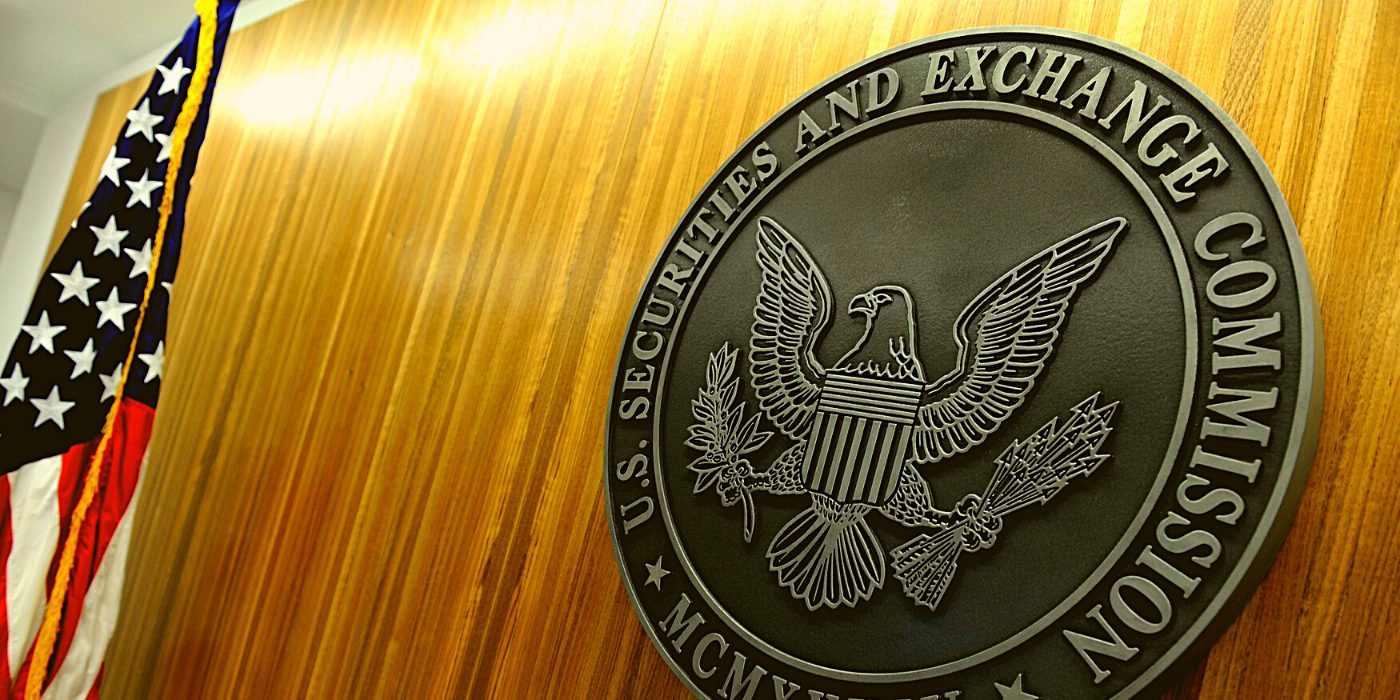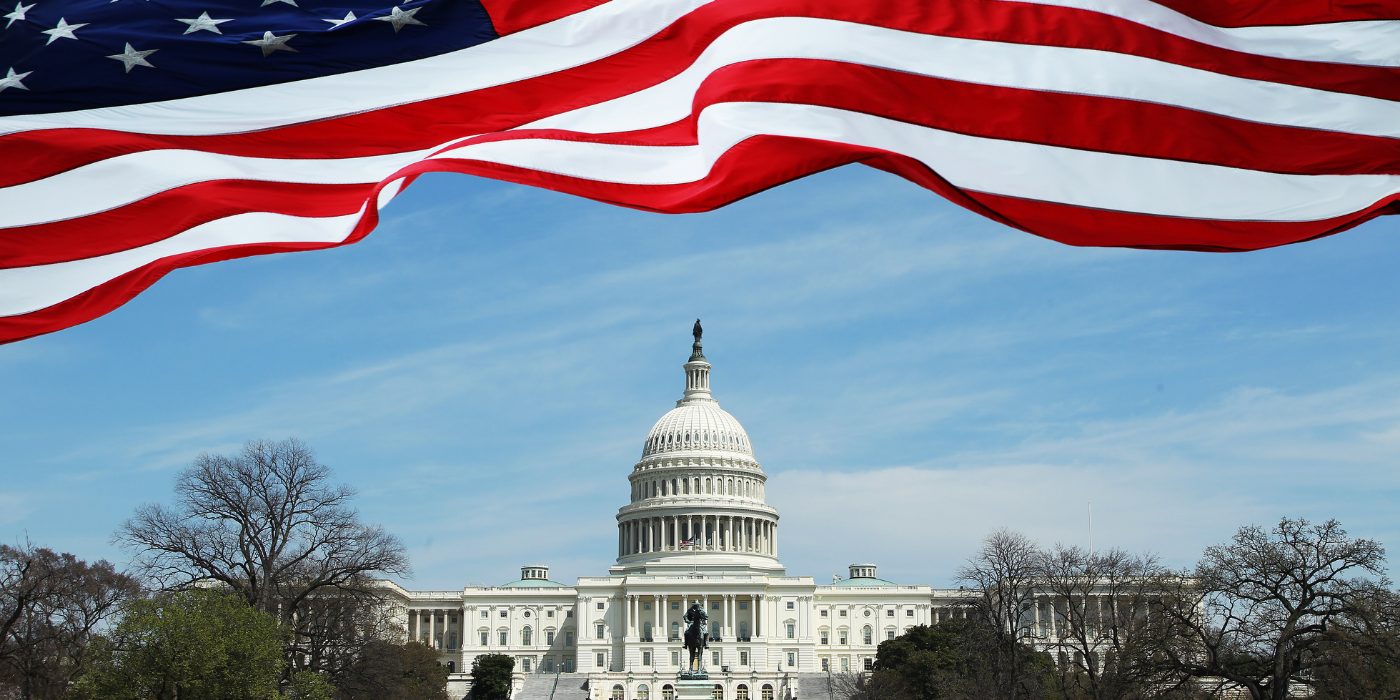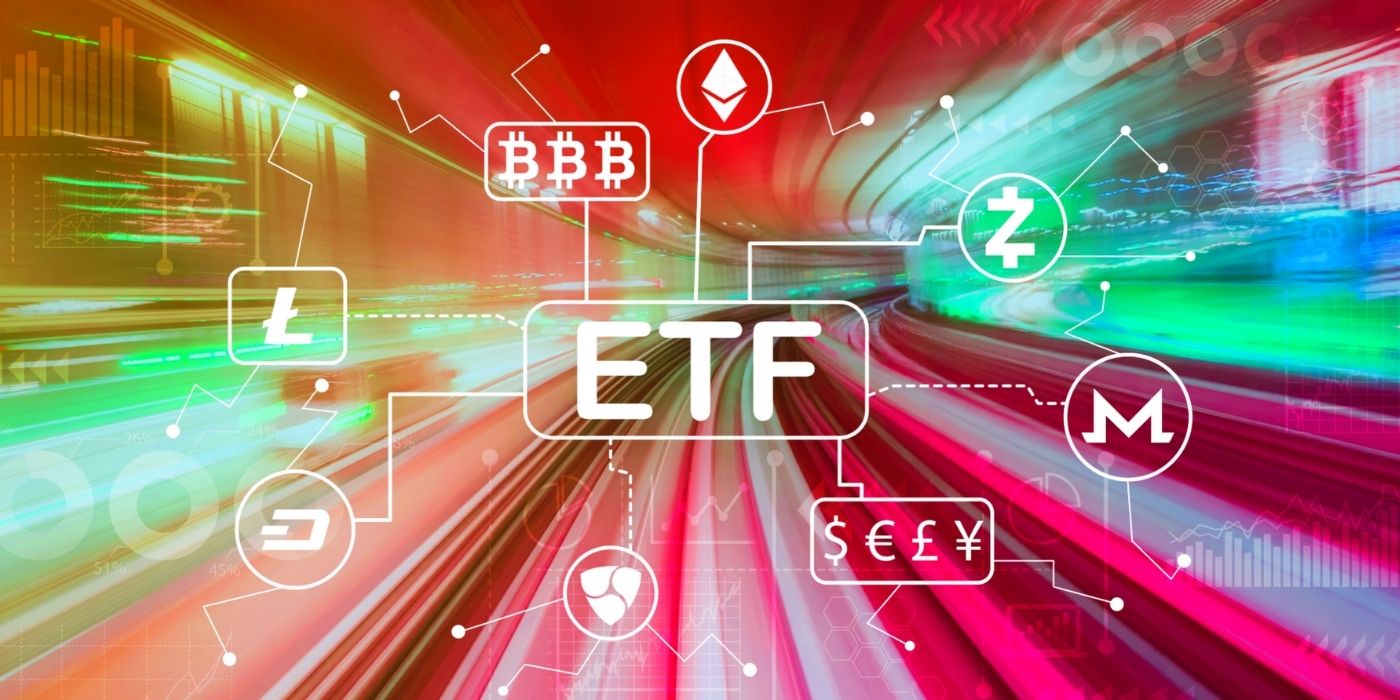The Ukrainian Parliament has passed draft legislation to legalise and regulate bitcoin in Europe’s second-largest country after Russia, providing official clarity on the asset.
The bill, first drafted in 2020, passed on September 8 with 276 lawmakers in support and only six against. Its main purpose is to protect those who own and trade in bitcoin. Though never officially illegal, until now Ukrainian law enforcement agencies have treated bitcoin and other virtual currencies as “a scam”. Ukrainians could buy and exchange virtual currencies but local courts had no power to provide protection if something went wrong.
Interestingly, back in April official data showed that 652 officials in the Ukrainian government owned 46,351 bitcoin – among other cryptocurrencies such as XLM, ETH, Monero and ADA – the total value of which was around US$2.7 billion.
Bill Provides Tax Clarity But Signals More Regulation
Ukrainian courts can now properly protect individuals and businesses, since the bill provides tax clarity and officially allows bitcoin businesses to operate in the former Soviet country. It also sets guidelines for how Ukraine may try to regulate bitcoin in the future.
Although virtual assets are now legitimate in Ukraine, citizens cannot use them as a means of payment or exchange for goods or services – only the official national currency, the hryvnia, has this power. The new bill allows citizens to own and trade bitcoin and other cryptocurrencies on exchanges and also provides clarity on wallets and private keys.
Ukraine Hopes To ‘Open the Market’ by the End of the Year
The Ukrainian Parliament is expected to pass and amend its tax and civil codes before the end of the year to officially “open the market” for businesses and investors, according to Mykhailo Fedorov, Ukraine’s Minister of Digital Transformation.

If signed by President Volodymyr Zelensky, the draft law will protect the owners of virtual assets and exchange platforms from fraud. Even so, experts worry that excessive regulation could stifle innovation and place undue pressure on businesses. Some crypto investors could leave the country because they do not trust state initiatives.
Those who opt to stay hope the new legislation will reduce the number of unjustified raids on crypto businesses initiated by Ukraine’s Security Services.
It’s important to note that even though bitcoin is now legal in Ukraine, it does not mean BTC is legal tender, as it officially is now in El Salvador. Another bill entirely will need to be passed for that to happen.

